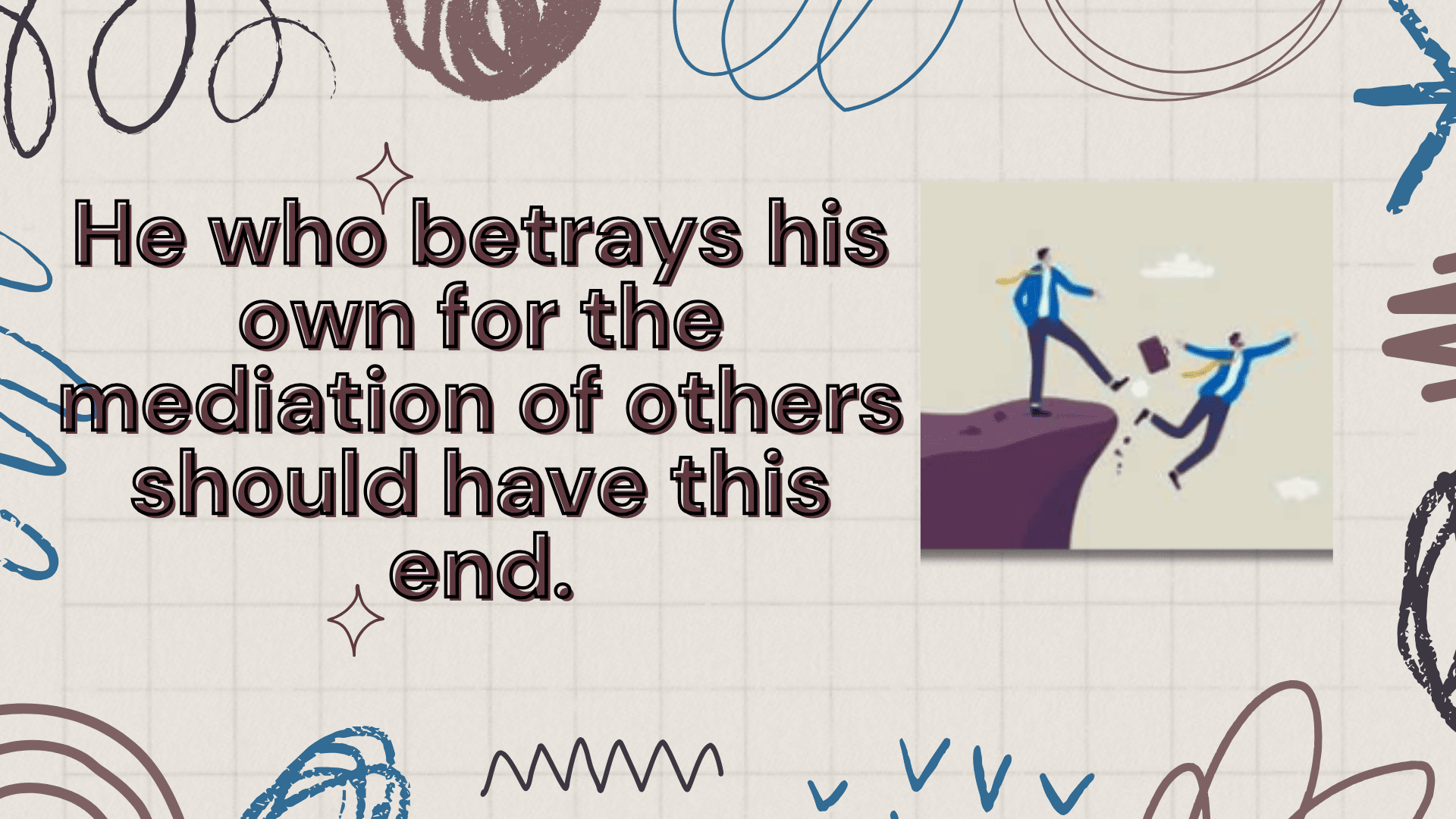Welcome to (International Stories) in this story we will discuss He who betrays his own for the mediation of others should have this end. Thoroughly read this story.-
He who betrays his own for the mediation of others should have this end.
A man brought to Sultan Mahmud Ghaznavi a chakur which had one leg missing. When the Sultan asked him the price of Chakor, the man said that it was very expensive. The sultan was surprised and asked him that he does not even have a foot, yet why are you telling him his price is so high?
So the man said that when I go to hunt chakurs, I take these chakurs with me on the hunt. When I tie it there with a net, it makes very strange noises and calls other hawks. Hearing its sounds, many chakurs come and I catch them.
Sultan Mahmud Ghaznavi gave the price of this chakur to this person and slaughtered the chakur. The man asked why he was slaughtered despite paying such a price. Sultan said historic words on this:
“He who betrays his own for the mediation of others should have this end.”
Face of betrayal
Betrays examples
CONCLUSION:
This story reflects a moral lesson about betrayal and the consequences of relying on others to achieve one’s goals. In this tale, the man used the disabled chakur as a tool to attract other chakurs for his own gain, ultimately betraying the trust of the chakur itself. Sultan Mahmud Ghaznavi’s decision to slaughter the chakur despite paying a high price for it signifies the punishment for deceit and exploitation.
The Sultan’s words emphasize the importance of integrity and self-reliance. By betraying its own kind for the sake of personal gain, the chakur met its demise, serving as a warning against treachery and exploitation. This story likely served as a cautionary tale in the context of medieval societies, reminding individuals of the consequences of betraying trust and exploiting others for selfish motives.
FAQ:
What is the meaning of betray ?
Betray means to deceive or act disloyally toward someone, especially one’s trust, confidence, or allegiance. It involves breaking a promise, revealing secrets, or acting against someone’s interests after gaining their trust.
Betrayal can occur in various forms, such as betraying a friend’s confidence by sharing their secrets, betraying a partner’s trust by being unfaithful, or betraying a country by acting against its interests. It is considered a serious breach of trust and can lead to significant emotional pain and damage to relationships.
What is a synonym for betray?
Here are some synonyms for “betrays”:
Deceives
Misleads
Double-crosses
Fails
Disappoints
Sells out
Backstabs
Breaks faith
Defects
Turns traitor



This story reflects a moral lesson about betrayal
I don’t think the title of your article matches the content lol. Just kidding, mainly because I had some doubts after reading the article.
I don’t think the title of your article matches the content lol. Just kidding, mainly because I had some doubts after reading the article.